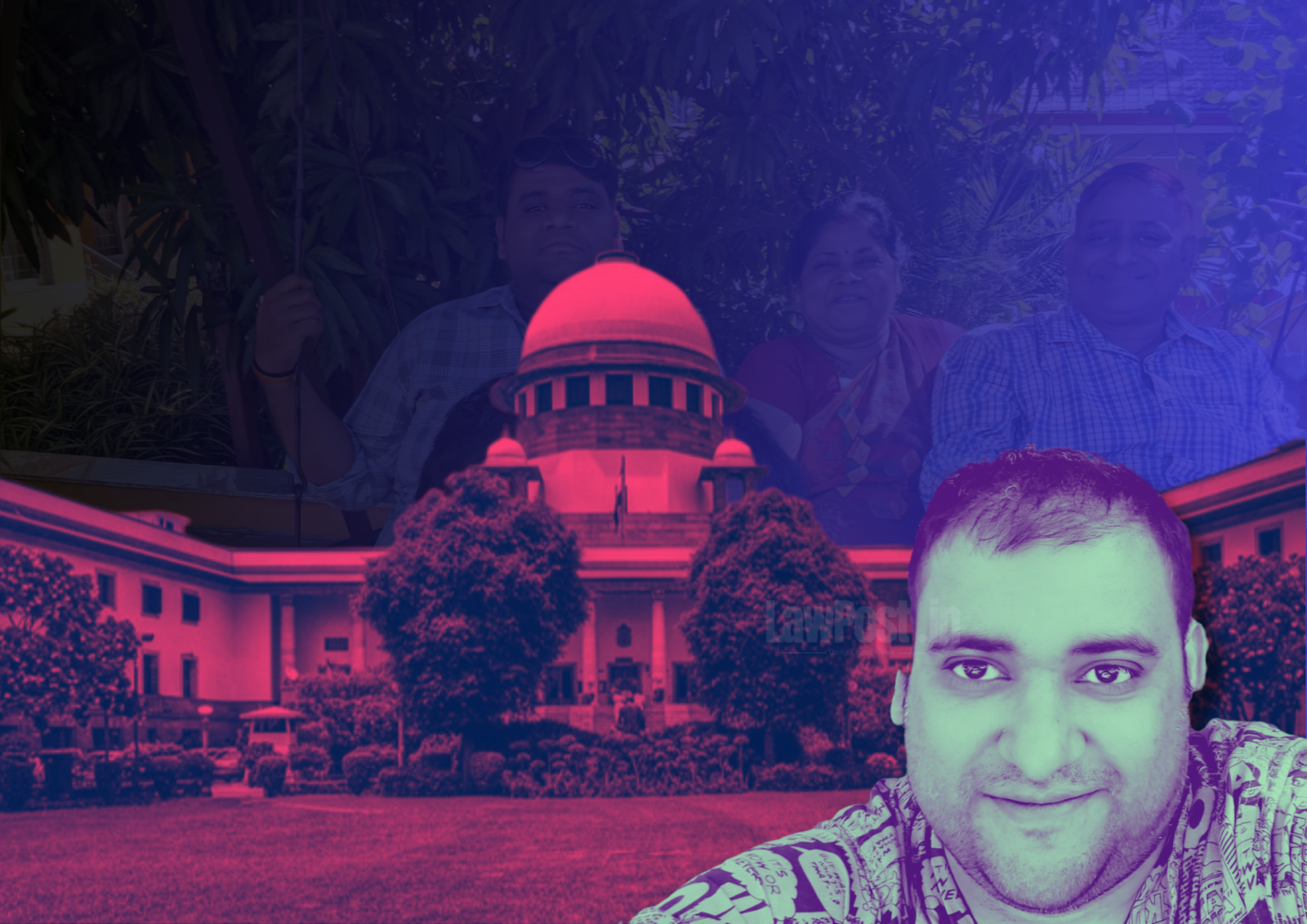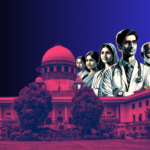The Supreme Court on December 20 directed the States of Uttar Pradesh, Haryana, and Karnataka to provide responses and ascertain the whereabouts of the minor child of deceased Bengaluru techie Atul Subhash, following a plea by his mother for custody.
A Bench comprising Justices BV Nagarathna and N Kotishwar Singh heard the plea filed by Subhash’s mother, who alleged that her daughter-in-law, Nikita Singhania, currently has custody of the child and is not disclosing his location.
The Court emphasized the importance of securing the child’s welfare and instructed the three States to “ascertain the whereabouts of the minor child.”
A Tragic Background
Atul Subhash, a 34-year-old software engineer, died by suicide in Bengaluru, leaving behind a detailed suicide note and video. In these, he accused his estranged wife, Nikita Singhania, and her family of harassment, including filing false cases, which he claimed drove him to end his life.
At the time of Subhash’s death, he was living in Bengaluru, while Nikita resided in Gurugram, Haryana. Her mother and brother are based in Uttar Pradesh. The involvement of these three States in the case led to their inclusion as parties to the custody proceedings.
Legal Developments
After Subhash’s death, his suicide note and video went viral on social media, sparking widespread outrage. Many online users demanded the arrest of Nikita and her family members.
In response, the Bengaluru police lodged an FIR against Nikita, her mother, and her brother under Sections 108 (abetment of suicide) and 3(5) (criminal act with a common intention) of the Bharatiya Nyaya Sanhita, 2023. The three were subsequently arrested and remain in judicial custody.
Custody Battle Amid Criminal Proceedings
The Supreme Court’s intervention marks the latest development in an ongoing legal battle involving divorce, alimony, and child custody. Subhash’s mother claims the child’s location remains undisclosed, raising concerns about his welfare.
The Court’s directions aim to ensure the child’s safety and facilitate a resolution to the contentious custody dispute.
Further hearings on the matter are expected as the States file their responses and submit findings about the child’s whereabouts.
Case: Anju Devi vs State of Karnataka – Available on LAWFYI.IO








